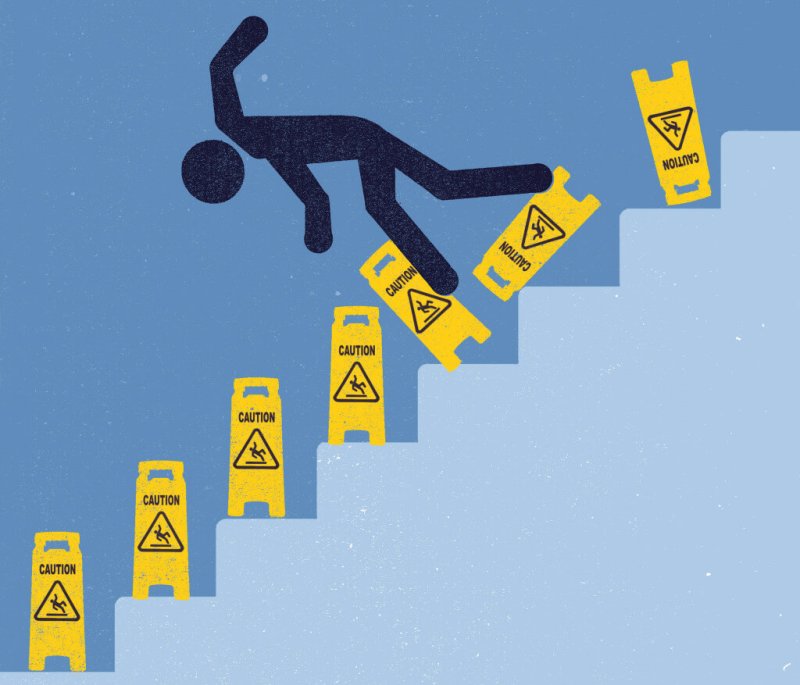[Tim Durham is a professor of agronomy and agricultural science at Ferrum College in Virginia.]
The [precautionary principle, or PP] basically states that if a lack of scientific knowledge (at the time) can’t prove something is safe, then we’re obligated to take protective action.
…
The problem is that no amount of data, however unequivocal, will ever quench the insatiable appetite of the bureaucracy. The Vulcans would be proud.
In the quest for absolute safety, regulators (and the anti-biotech crowd) tend to overdramatize the worst case “what-ifs,” and dismiss the “can-dos.” Biotech crops have been on the market for over 20 years. During this time, they’ve been a slam dunk, reducing pesticide use, erosion, and literally saving the papaya industry in Hawaii.
…
In these 20+ years, they have an unblemished track record of safety. A review of over 1,000 studies confirms that.
…
Anti-biotech extremists have conveniently hidden behind the façade of the PP to legitimize their agenda. … But how can we ever gather the volumes of data they push for? Of course, they’re not interested in a giving these crops a fair shake.
The GLP aggregated and excerpted this article to reflect the diversity of news, opinion, and analysis. Read full, original post: Durham: Biotech regs: Precautionary and unprincipled































